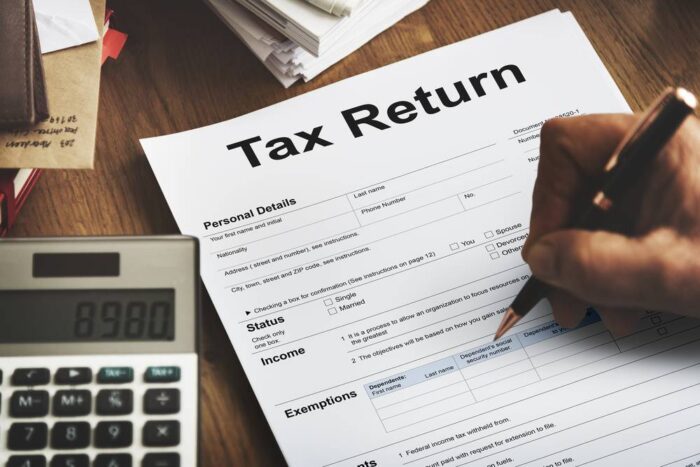If you have filed your income tax return (ITR) for the Assessment Year (AY) 2020-21 and haven’t received the refund so far, you are not alone. A technical upgrade for faster processing of the ITRs could be the reason behind the delay.
Many taxpayers, even those who filed their tax return in the month of June or July, took to Twitter to voice their concerns over the refunds. Putting the onus on the technical issues, the I-T Department tweeted “As part of our commitment to provide improved taxpayer services, we are moving to a new, technologically upgraded platform (CPC 2.0) for faster processing of ITRs.

ITRs for AY 2020-21 will be processed on CPC 2.0. We thank you for your patience while we migrate to the new system. “The tweet didn’t mention any timeline on when it will migrate to CPC 2.0 and start processing the I-T returns for AY20-21. All income tax returns filed with the department are processed at the CPC or centralised processing centre of the I-T department at Bengaluru as of now.
Under CPC 2.0 project, the tax department is expanding its capacity and upgrading technology to provide better services to the taxpayers through prefilled forms and reducing time for refunds. Sudhir Kaushik, CEO, Taxspanner.com, an income tax return filing platform, confirmed that there seems to be a delay in issuance of refunds for FY 2019-20.
“Even those clients who filed income tax returns in June-July this year are yet to receive refunds. Generally, tax refunds are issued in a period of 2-4 months,” he added. In a recent tweet, the I-T department said that it has so far issued ₹1,36,066 crore to more than 40.19 lakh taxpayers between 1 April, 2020 and 17 November, 2020.
This includes personal income tax refunds of Rs. 35,750 crore issued in 38,23,304 cases and corporate tax refunds of ₹1,00,316 crore issued in 1,95,518 cases. Many taxpayers replied to the tweet and complained about not receiving the refunds.
According to some experts, the delay could be possibly due to covid-induced disruptions, which has strained the exchequer. “Generally, the refunds are automatic and are received within 3-4 months after filing the income tax returns in case there is no major deficiency in the return.
However, this year we understand that the government has a liquidity crunch due to extra spending due to covid-19 crisis and also the collection has been subdued. This could be a possible reason for the delay. Now, with the economic activity rising and GST collections also becoming robust, the CBDT should plan for processing refunds less than Rs.1 Lakhs,” said Vivek Jalan, Partner, Tax Connect Advisory Services, a Calcutta based tax advisory firm.
Some experts also believe that the tax department should bring in more transparency by giving the timeline for which the refunds have been issued. “In order to increase transparency the CBDT should process the returns in chronological order and disclose the details of the date till which the income tax returns filed and consequently refunds have been processed and issued.
A dashboard on its website showing the date till which refunds issued, date and acknowledgment number of returns processed and number of returns filed and pending for processing will be helpful for taxpayers and bring in transparency,” said Ved Jain, a former president of the Institute of Chartered Accountants of India (ICAI).


Comments are closed.